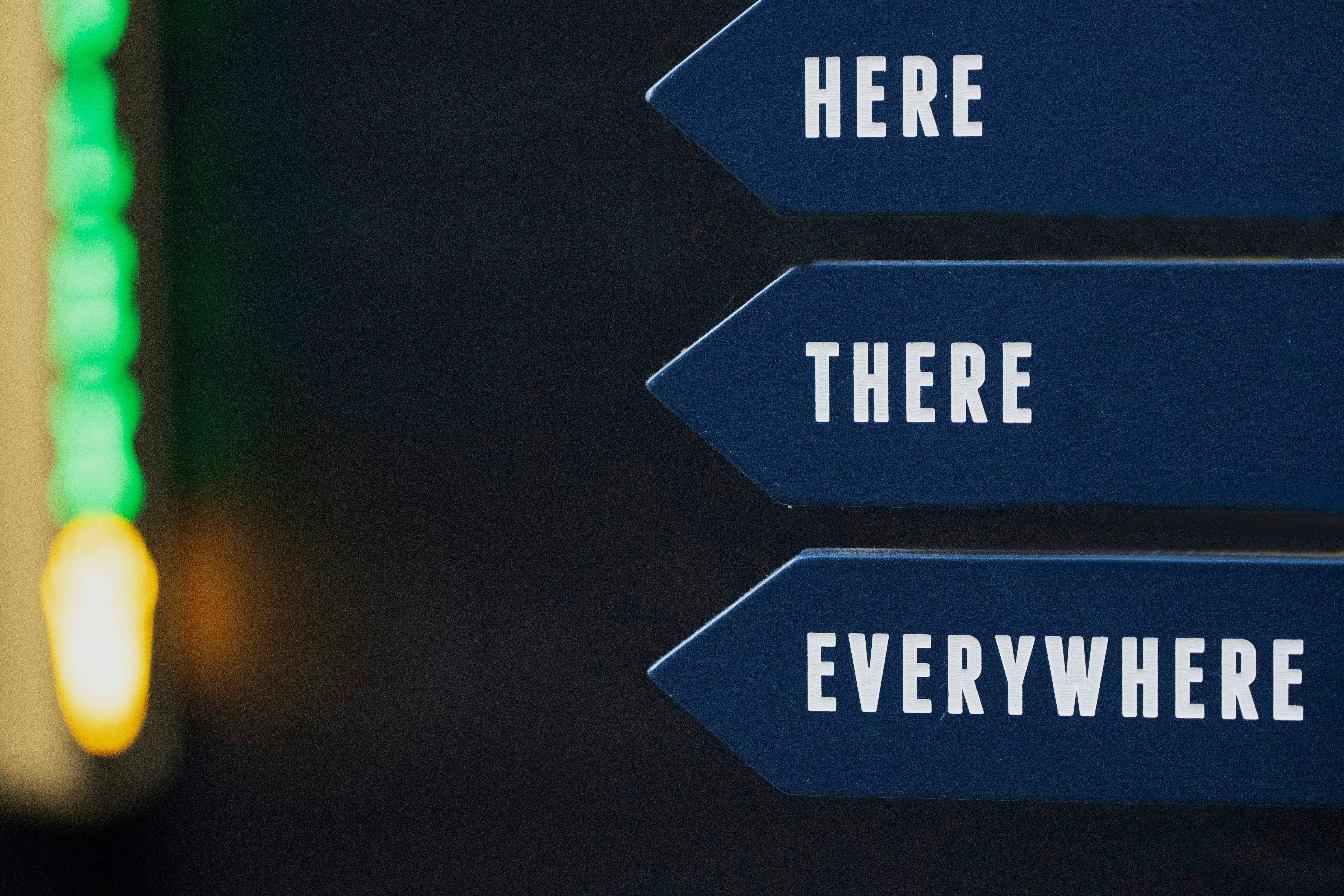Study reveals just three fundamental categories of male personalities, it suggests. - Research indicates that men are apparently categorized into three essential archetypes.
Men's Masculinity Types and Relationships: A Study from Canada
In a study published in the summer of 2023, researchers from the University of British Columbia explored how men perceive their roles in intimate relationships. The research, centers around three basic types of masculinity: neo-traditionalists, equality-oriented, and progressives.
Researchers interviewed 92 heterosexual men aged 19 to 43, spanning diverse cultural backgrounds. Although unique perspectives emerged, three dominant patterns arose. As a result, women find themselves selecting among these relationship models.
Neo-traditionalists adhere to traditional gender roles, envisioning themselves as providers and protectors, while expecting their partners to maintain traditional roles. For instance, a participant commented, "Most of the time, she does the housework... while I do the masculine chores, like washing the car. I also sometimes go shopping and do painting jobs in the house." Neo-traditionalists consider themselves fair patriarchs, stating, "The man is the head of the family... he is responsible for ensuring that the relationships are equal."
Equalitarian men strive for symmetrical partnerships and value reciprocity. To achieve this, they engage in negotiation and planning, as one person shared, "We solved it by planning meals days in advance. If she cooks for three days, I also cook for three days. Then I think that we were able to divide the tasks even more evenly through a stricter schedule like this, a more quantifiable schedule."
Progressive men actively work to promote gender equality in their relationships. They believe in self-reflection, societal analysis, and purposeful, empathetic communication to build equal, secure, and intimate partnerships. Justin, a participant, noted, "It takes work to be a person who maintains an equal relationship. It requires self-reflection, reflection on our society, reflection on what you want as a person and what your partner wants as a person, and it requires a lot of emotional self-observation to build a relationship that is equal, secure, where vulnerability is valued, and intimacy is built in."
Dr. Oliffe, who leads this research project, aims to explore the impact of these masculinity types on mental health and relationships, given the rapid changes in gender roles, identities, and relationships since the 1980s. By shedding light on these patterns, the research hopes to foster healthier relationships leading to improved well-being among men, their partners, and families.
It is interesting to note that discussions on masculinity often revolve around various forms, such as traditional, toxic, and feminist or inclusive masculinity. These forms, while not explored in depth by this specific study, can influence relationships in different ways. Traditional masculinity usually emphasizes traits like strength, dominance, and independence, potentially leading to emotional challenges in intimate relationships. Toxic masculinity is associated with behaviors like aggression and entitlement, which can damage relationships by creating fearful and disrespectful environments. Feminist or inclusive masculinity fosters equality, empathy, and emotional expression, potentially promoting healthier, more equal relationships.
Sources: Social Science & Medicine. Keywords: relationship, men, Canada, partner, University of British Columbia.
- The study on Men's Masculinity Types and Relationships, conducted by researchers at the University of British Columbia, also plans to investigate the influence of these masculinity types on mental health, given the evolving gender roles, identities, and relationships since the 1980s.
- In the realm of health-and-wellness, understanding these different types of masculinity, such as neo-traditionalists, equality-oriented, and progressives, can potentially improve mental health outcomes for men and their partners, positively impacting family-dynamics and relationships.
- As the discourse on masculinity expands, it is essential to acknowledge various forms like traditional, toxic, and feminist or inclusive masculinity, as these can significantly influence lifestyle choices and personal relationships, shaping overall mental-health and well-being.








